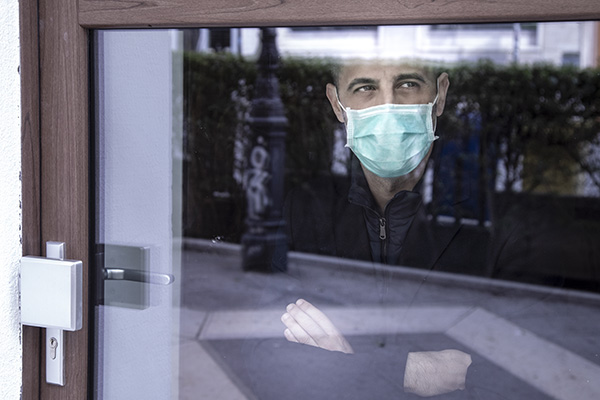CDC and CMS Loosen Nursing Home Restrictions
After a dramatic decrease in COVID-19 infections and deaths, along with the US vaccination program, the Centers for Medicare and Medicaid (CMS) and the Centers for Disease Control and Prevention (CDC) are permitting the ease of in-person visitation restrictions within…

